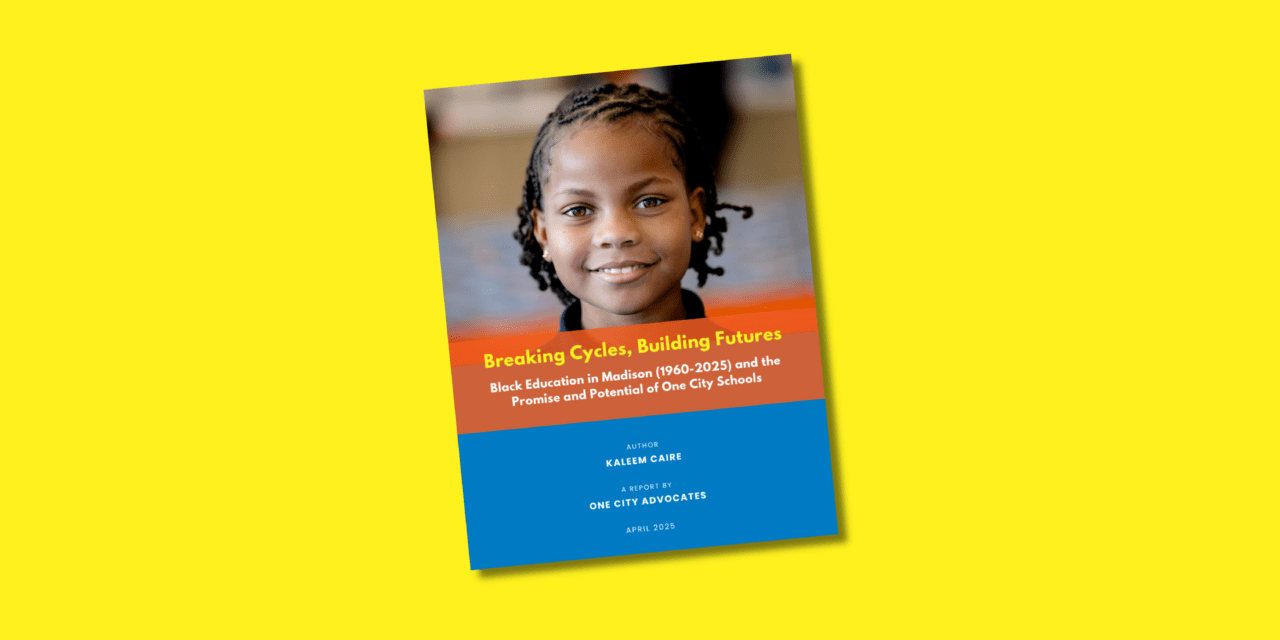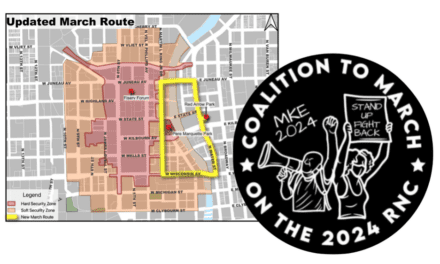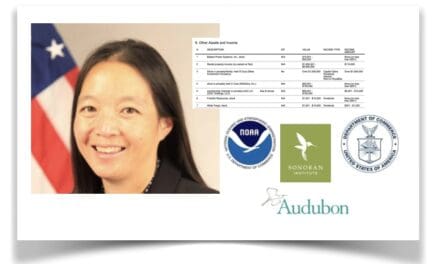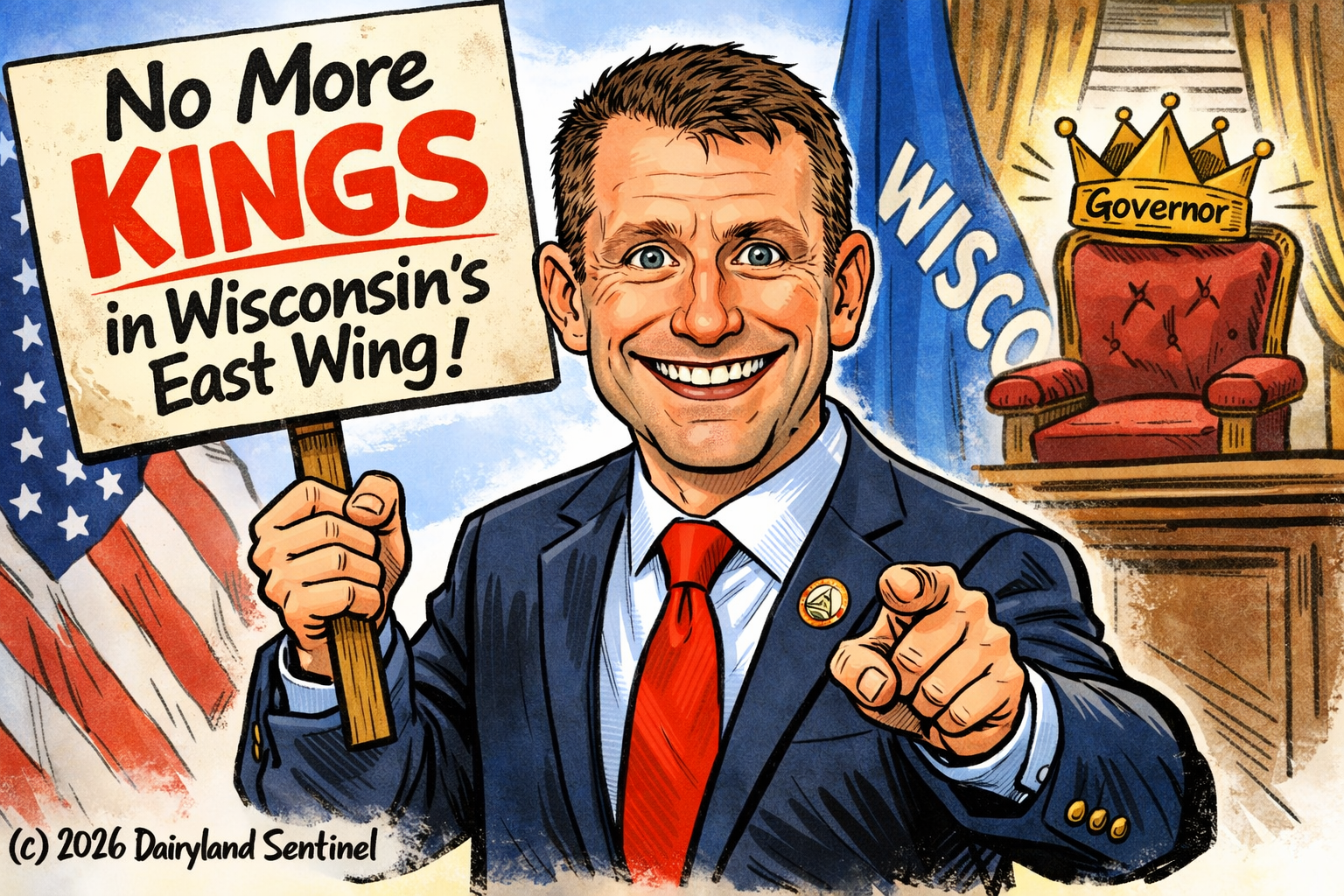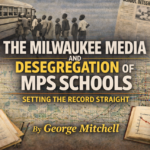April 15, 2025
MADISON, Wis. — A sweeping new report released Monday by One City Advocates, an affiliate of One City Schools, reveals six decades of persistent educational disparities for Black students in Madison’s public schools. Titled “Breaking Cycles, Building Futures: Black Education in Madison (1960-2025),” the study, authored by One City Advocates President Kaleem Caire, chronicles a repetitive cycle of reform efforts that have failed to yield lasting results while proposing innovative strategies to disrupt the status quo.
“For over 60 years, Madison has been implementing programs to close the achievement gap, yet the data shows we’re still facing a crisis,” Caire said.
The report highlights sobering 2024 statistics: only 5.8% of Black 11th-graders in Madison—22 out of 310 students—were prepared for college-level reading and writing, compared to 27% of Black students nationally and 10.3% statewide. In math, just 7.1% of Madison’s Black 11th-graders were college-ready, lagging behind 8% nationally and 6.4% across Wisconsin.
Wisconsin ranks last among states in reading and math achievement for Black students on the National Assessment of Educational Progress (NAEP), the report notes. In contrast, states like Texas, Florida, and Mississippi have improved their standings over the past two decades through sustained, targeted reforms, offering lessons Madison has yet to fully embrace.
Spanning from the 1960s to the present, the report traces Madison’s efforts to address racial inequities in education. Desegregation policies in the 1960s aimed to integrate schools but often placed Black students in underfunded classrooms with minimal support. The 1970s brought compensatory education programs, followed by curriculum reforms in the 1990s and early 2000s. Each initiative launched with promise but stumbled due to inconsistent execution, budget cuts, or leadership turnover.
By 2020, the report states, Madison’s Black students faced a graduation rate of 65%, trailing white students’ 85% by 20 percentage points. Standardized test score gaps have similarly persisted, with Black students scoring 30% lower on average than white peers in reading and math.
Caire’s analysis identifies a troubling pattern: well-intentioned programs are introduced, encounter structural or political barriers, and are replaced before they can take hold.
A 1980s push for culturally relevant teaching, for instance, faded when funding dwindled, while a 2000s emphasis on standardized testing narrowed curricula without tackling deeper inequities. The report argues that these short-lived efforts have trapped Black students in a cycle of unmet expectations.
“This isn’t about assigning blame but about understanding patterns so we can collectively break them,” Caire said. He stressed that schools cannot solve the problem in isolation. “Traditional systems alone cannot solve these persistent challenges—they need partners who can help accelerate change and bring new approaches to scale.”
The report spotlights promising models, including One City Schools’ approach of year-round schooling, extended learning hours, and robust family engagement. One City’s Preparatory Academy, serving mostly Black and low-income students, has seen 80% of its third-graders meet reading benchmarks, compared to 50% districtwide. The report also cites successful charter schools and community partnerships in other states, where mentorship and career-focused programs have lifted Black student outcomes.
Reinforcing the need for a comprehensive approach, Claire notes that schools alone can not fix the problems the report identified.
“They also need parents to be more engaged and ensuring children are attending school ready to learn every day, and they need the community to hold children to higher expectations and provide greater access to opportunities that largely unaffordable or inaccessible to most Black families,” he said.
One City Advocates, the report’s publisher, is a 501(c)(4) nonprofit founded in 2022 to drive education equity through policy advocacy and research. Based in Madison, the organization focuses on data-driven solutions, community engagement, and partnerships with schools, policymakers, and stakeholders. As an affiliate of One City Schools, it shares a mission to transform education for underserved students.
One City Schools, established in 2014, operates three public schools in Madison and Monona: One City Preschool, One City Elementary School, and One City Preparatory Academy. Serving children from early childhood through eighth grade, the schools emphasize real-world problem-solving, year-round learning, and comprehensive family support.
Looking ahead, the report urges collaboration among schools, policymakers, philanthropists, and businesses to invest in teacher training, equitable funding, and opportunity-driven programs. Without sustained action, it warns, Madison risks perpetuating inequities rooted in the civil rights era.

